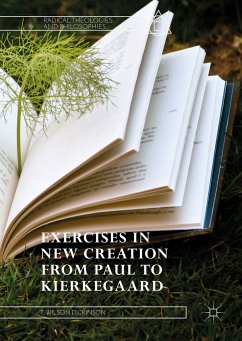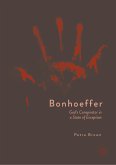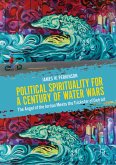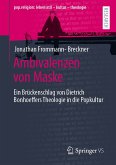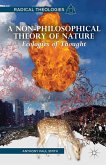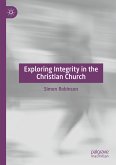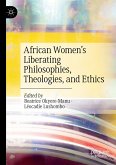This book unfolds a vision for philosophical theology centered on the practices of the care of the self, the city, and creation. Rooted in Paul's articulation of the wisdom of the cross, and in conversation with ecological, radical, and political theologies; continental philosophy; and political ecology, it addresses the challenge of injustice and ecological catastrophe. Part one reads 1 Corinthians as an exercise in reading and writing that shapes and changes relationships and capabilities. Part two follows this alternative path for theology through Derrida and Kierkegaard, and neglected trajectories in Origen, Augustine, and Luther. Along the way, reading and writing are explored as exercises that transform selves, communities, and even habitats. They are creaturely acts that can scandalize the dominant orders of consumption and competition for the ends of love and justice. This is a philosophical theology engaged with political ecology, exercises that help cultivate new creation.
Dieser Download kann aus rechtlichen Gründen nur mit Rechnungsadresse in A, B, BG, CY, CZ, D, DK, EW, E, FIN, F, GR, HR, H, IRL, I, LT, L, LR, M, NL, PL, P, R, S, SLO, SK ausgeliefert werden.

